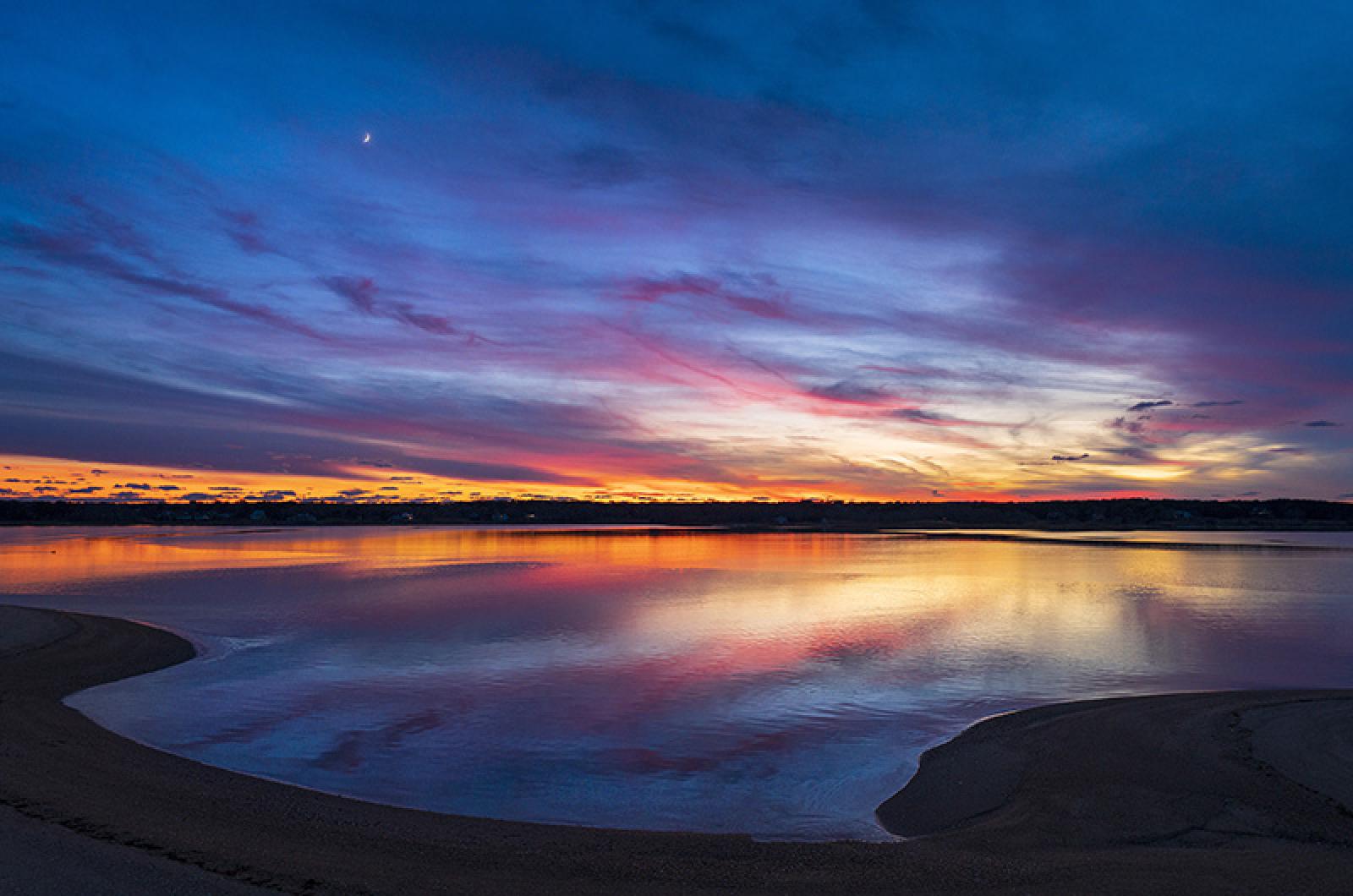The Geminids Meteor Shower, usually the largest meteor shower of the year takes place next Monday night. Unfortunately, a gibbous moon will be bright enough to spoil viewing of all but the brightest of meteors.
The Geminids is usually even brighter than the August Perseid Meteor Shower. The only reason it isn’t more popularly known is due to the colder temperatures. Only the most spirited will stand outside on a cold December night.
The shower runs through the night, with the peak being in the wee hours of Tuesday morning at about 2 a.m.; that is when the constellation Gemini is almost overhead. Though not as frequent it is possible to sight a Geminid meteor any night in the coming week.
The three brightest planets in the night sky are appearing closer together. If you’ve seen Venus after sunset, high in the western sky, we encourage you next week, as Venus inches closer to the planets Saturn and Jupiter.
| Day | Sunrise | Sunset |
|---|---|---|
| Fri., Dec. 10 | 6:59 | 4:11 |
| Sat., Dec. 11 | 6:59 | 4:11 |
| Sun., Dec. 12 | 7:00 | 4:11 |
| Mon., Dec. 13 | 7:01 | 4:12 |
| Tues., Dec. 14 | 7:02 | 4:12 |
| Wed., Dec. 15 | 7:02 | 4:12 |
| Thurs., Dec. 16 | 7:03 | 4:12 |
| Fri., Dec. 17 | 7:03 | 4:13 |
| Day | Max (Fº) | Min (Fº) | Inches |
|---|---|---|---|
| Dec. 3 | 60 | 41 | 0.00 |
| Dec. 4 | 45 | 29 | 0.00 |
| Dec. 5 | 44 | 32 | 0.00 |
| Dec. 6 | 55 | 32 | 0.14 |
| Dec. 7 | 61 | 38 | 0.07 |
| Dec. 8 | 45 | 32 | T |
| Dec. 9 | 42 | 30 | 0.33 |




Comments
Comment policy »